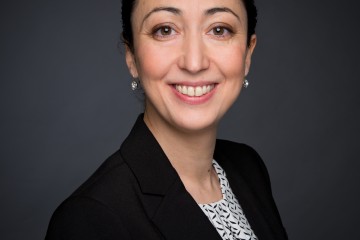Strategic grant
Towards a clinical-trial-in-a-dish: Validating an animal product free stem cell-derived 3D model of Alzheimer’s disease for drug discovery

At a glance
Completed
Award date
October 2024 - March 2025
Grant amount
£99,940
Principal investigator
Dr Mattéa Finelli
Co-investigator(s)
Institute
University of Nottingham
R
- Replacement
